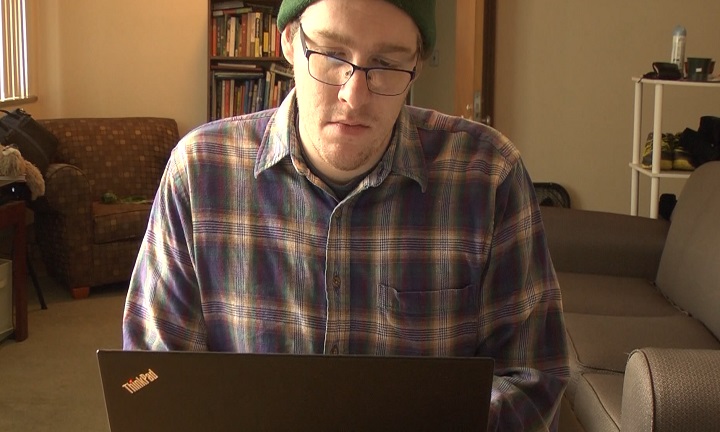How net neutrality impacts Internet use in the U.P.

UPPER PENINSULA — When you log onto your Internet browser, you expect to have full access of the World Wide Web. Pretty much anyone can have a web address and sell their product, brand or platform to other Internet users.
This is what is called “the Open Internet,” or “net neutrality.”
“Net neutrality essentially has to do with fair play of transport of Internet traffic so that when an end-user has requested something, they get that on a first-come, first-serve, or first-in, first-out basis without any kind of mitigation or that traffic being subject to any pricing game or preferential treatment,” said Thom Sumbler, sales and business developer at Peninsula Fiber Network.
This is the way the Internet has operated for almost 20 years. The Federal Communications Commission governs the web and creates regulations, which have changed overtime. The current Chairman of the FCC, Ajit Pai, introduced a plan in May of 2017 to evaluate the current rules of Internet Freedom. Pai proposes that the FCC classify broadband Internet as an “information service,” a designation first established during the Clinton administration, and decrease legal regulations on Internet service providers.
Many members of the public and politicians have opposed the plan, saying it would reduce or get rid of net neutrality all together. U.S. Senator Gary Peters is one of those opposed to Pai’s plan. If net neutrality goes away, Peters said larger communications companies could charge more money for individuals to have a faster Internet connection, or favor the activity of some web users over others.
“The Internet was built on equal access for everybody and it’s been an incredible, incredible thing for folks. Once we start saying that some people will be treated more equal than others, we start moving away from what’s important with the Internet,” said Peters.
One of his main focuses as a senator has been to provide Internet access to those even in the most remote areas of Michigan.
“We are working very hard to get internet access and high speed internet access to everybody. Just in a time when we’re trying to make sure that it’s available to everybody, we have the FCC pushing a rule that’s going to make it harder for people to have equal access to the Internet,” he said.
The location of the Upper Peninsula makes it difficult for bigger Internet service providers to succeed, but there are ways for residents to still have Internet access.
Peninsula Fiber Network is a local, deregulated entity that sells Internet service to corporations, 911 sectors and many Internet service providers in the U.P., downstate Michigan and Wisconsin. PFN is the backbone Internet provider for Baraga Telephone Company and Hiawatha Communications, who then deliver Internet access to thousands of residents.
The infrastructure of the Internet has changed overtime and the business of providing Internet has followed suit. The majority of traffic flow is now from streaming services, which requires more bandwidth to maintain the consumer’s Internet experience.
“The industry in general is trying to find a solution to the changing structure of the Internet and the bandwidth per capita utilization is increasing explosively, much more than we’ve ever experienced before,” said Koray Inal, vice president of Baraga Telephone Company.
The three companies currently do not restrict what consumers do with their Internet service and the companies are not looking to change that, although it is unclear how Pai’s proposal will impact their customers.
“We want to give a broadband pipe to the end user and let them get whatever network services they would like without restrictions. Now, that said, we don’t know how it’s going to play out across the country. The business plans may change,” added Bill Tidd, vice president and chief technology officer at Hiawatha Communications.
“They may see some types of changes in terms of delivery, they may see other options available to them, they may see some costs with some types of service that they buy from their content providers. So maybe they’ll see a different cost from Netflix or maybe they’ll see a different cost from Amazon. We don’t know that yet,” said Sumbler. “But in terms of our network, there will be no change to the end-user/customer. They’ll see no change from us.”
The FCC will vote on Pai’s proposal on December 14th.
